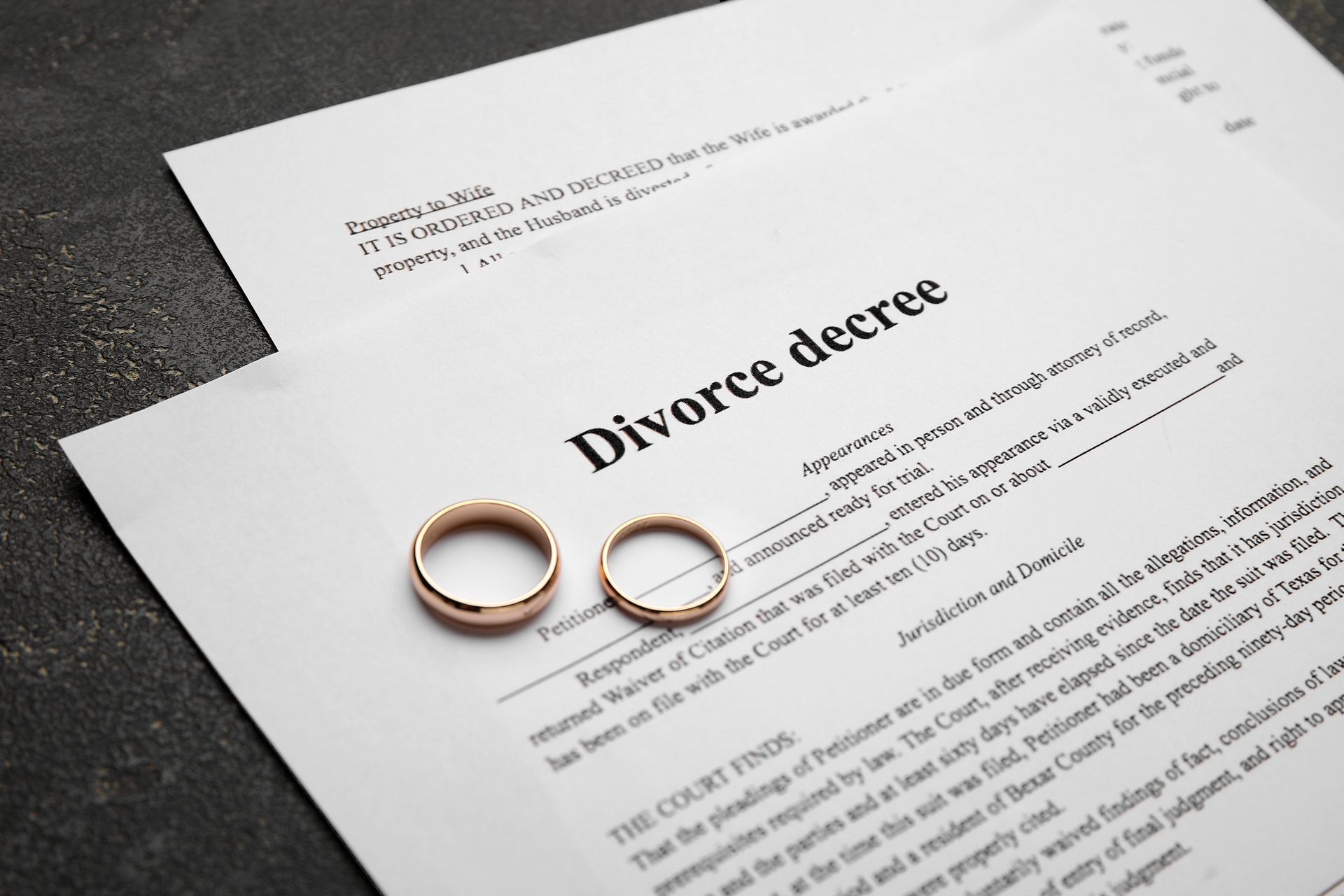Criminal Convictions and Employment: What Employers can Ask in an Interview
When it comes to employment, a criminal conviction can be a significant obstacle for candidates. Many employers are concerned about potential risks and liability, particularly related to sensitive positions or those that involve direct interaction with clients or the public. However, the question of what employers can ask about criminal convictions during the hiring process is not always clear-cut. As an expert in employment law, I am often asked by clients: What can an employer ask in an interview? The answer depends on various factors, including your location, the position you are seeking, and other legal considerations.
In this blog post, we'll explore the topic of criminal convictions and employment in Michigan. We'll tackle common questions such as whether or not an employer is allowed by law to ask about your criminal convictions, if you are required to disclose that information, how the employer can use your criminal history when making hiring decisions, and how an attorney can help you navigate this complex terrain.
What can an employer ask in an interview?
Employers in Michigan are limited in their ability to ask candidates about criminal convictions. Under the Michigan Handgun Act, employers cannot ask job applicants whether they have a conviction for a minor marijuana offense. Additionally, the Michigan Civil Rights Commission has offered guidelines that state an employer should not ask applicants about convictions until the applicant has received a conditional offer of employment. At that point, the employer can ask about felony convictions, but not misdemeanor or traffic violations.
Is your employer allowed to ask?
The answer to this question depends on which state you are in. In Michigan, employers are allowed to ask about criminal convictions, but they are limited in the types of convictions they can inquire about and when they can do so (as noted above). Failure to comply with these limitations can lead to discrimination lawsuits.
Are you required to disclose that information?
If an employer in Michigan asks you about your criminal convictions, you are generally required to disclose that information truthfully. However, if the employer is asking about misdemeanor or traffic violations, you can answer "no." This is not true for job applications in Michigan City, where you must disclose even minor traffic violations.
How can the employer use that information?
Employers in Michigan are generally forbidden from using your criminal history as an automatic reason not to hire you. Instead, they must weigh several factors, including the nature of the offense, when it occurred, and its relation to the job. Typically, employers must have a legitimate business reason for denying someone employment based on their criminal history. Your attorney may be able to help identify if your employer is assessing your criminal history in this way.
How can an attorney help me?
An attorney can help you navigate the complex legal terrain surrounding the use of criminal convictions in employment decisions in Michigan. If you have a criminal history, getting an attorney involved early in the hiring process can help ensure that you are not unfairly denied employment and that your rights are protected. Additionally, if you have faced discrimination in the hiring process due to your criminal history, an attorney can help you file a complaint.
If you have a criminal history and are seeking employment in Michigan, there are limitations to what an employer can ask and how they can use that information. By understanding your rights and working with an attorney who is well-versed in employment law, you can help protect yourself from discrimination and unfair treatment during the hiring process. Always remember to be honest, but also to be informed about your rights, and don't be afraid to seek legal advice if you need it.










